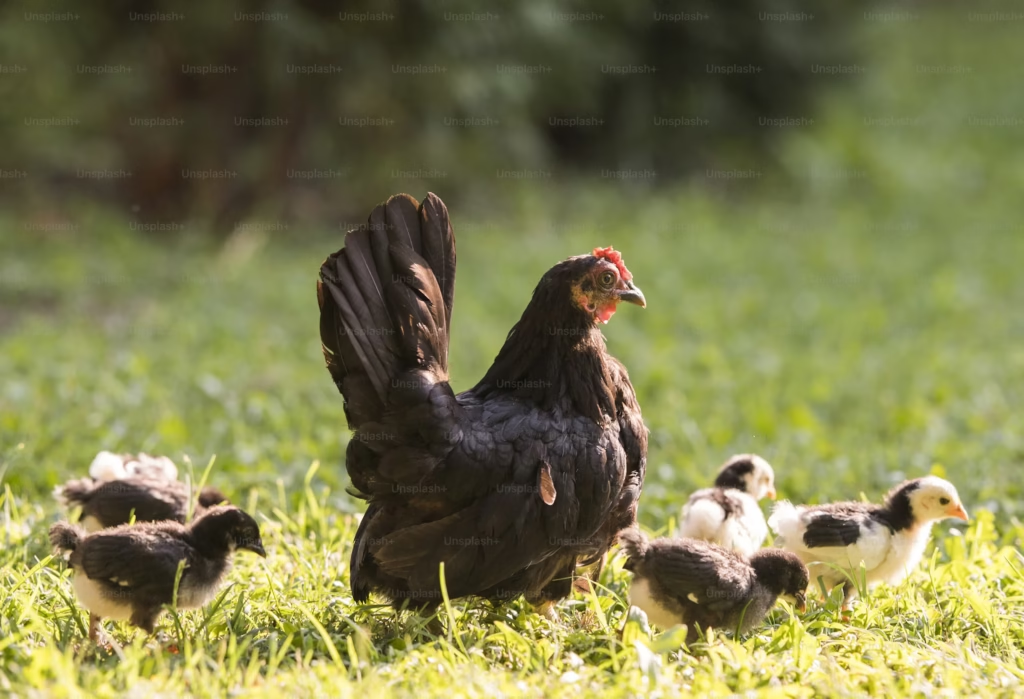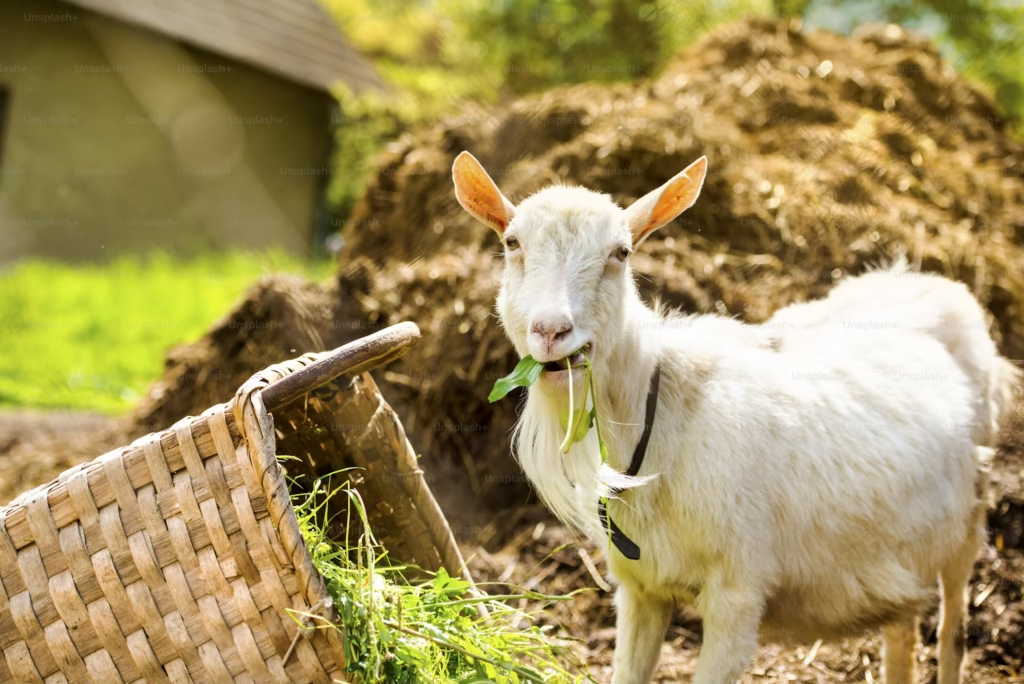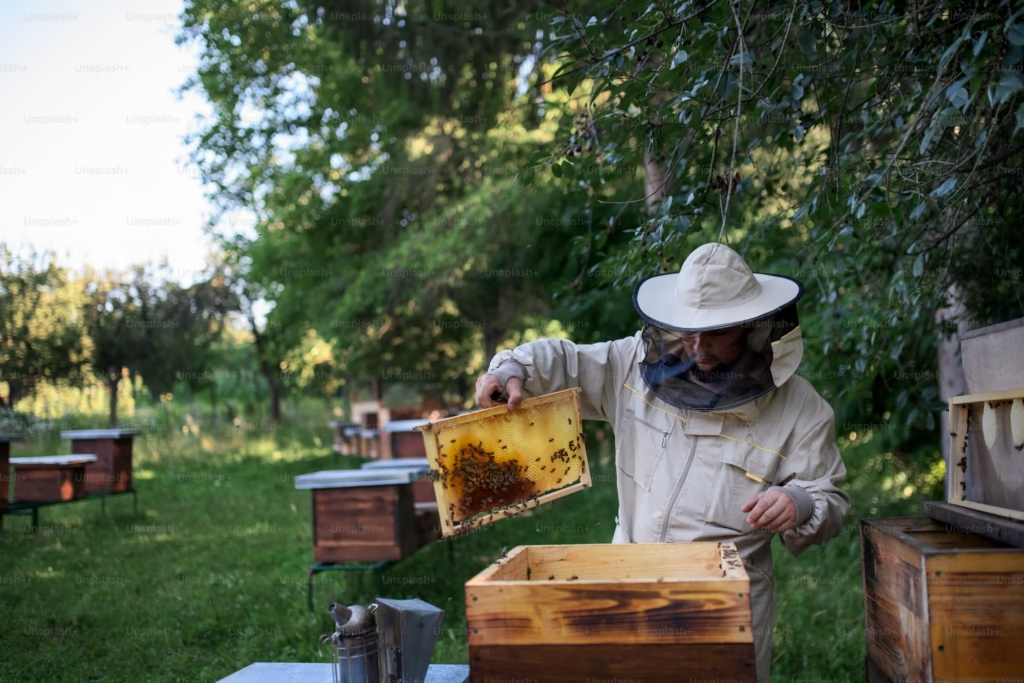
5 Essential Tips for Sheep Farming
Sheep farming can be a rewarding and profitable venture, but like any type of livestock farming, it requires proper planning and management. Whether you’re a beginner or have been farming for years, following a few essential tips can ensure the health and productivity of your flock. Here are five critical tips for successful sheep farming.
1. Choose the Right Sheep Breeds for Your Farm
Choosing the right breed of sheep is crucial for the success of your farm. Different breeds have different characteristics, so it’s essential to match the breed to your farming goals, whether for wool, meat, milk, or dual-purpose use.
- Wool Production: Breeds like Merino and Rambouillet are prized for their fine wool and are ideal for wool production.
- Meat Production: If your goal is to raise sheep for meat, breeds such as Suffolk, Dorset, and Hampshire are well-known for their growth rates and meat quality.
- Milk Production: Breeds like East Friesian or Lacaune are known for their high milk yield and are often used in dairy farming.
- Dual-Purpose: Some breeds, like the Romney and Corriedale, can serve both meat and wool production.
When choosing a breed, consider your local climate, the availability of feed, and your farming objectives.
2. Provide Adequate Shelter and Fencing
While sheep are hardy animals, they still need proper shelter and fencing to ensure their well-being. Good shelter protects them from extreme weather conditions like rain, snow, or heat. A simple barn or shed with good ventilation can provide protection during the colder months.
- Fencing: Strong, secure fencing is essential for keeping your sheep safe from predators and ensuring they don’t wander off. Electric fences or woven wire fences are common choices for sheep farming. Make sure the fence is high enough (at least 4 feet) and that the gaps are small enough to prevent escape.
- Space: Sheep need enough space to graze and move around. Crowded conditions can lead to stress, disease, and even injury. Provide them with plenty of pasture, and rotate grazing areas to prevent overgrazing.
3. Focus on Proper Nutrition
A well-balanced diet is vital for healthy sheep and good production. The nutritional needs of your flock will vary depending on their age, breed, and purpose (e.g., wool, meat, or milk production).
- Forage: Sheep are primarily grazers and should have access to high-quality pasture. Good pasture management is key to maintaining healthy grass and legumes for grazing. During winter or dry seasons, you may need to supplement their diet with hay, silage, or other feed.
- Grain and Minerals: Depending on their needs, sheep may benefit from supplementary grains and mineral mixes, especially if they are pregnant, lactating, or growing. Minerals like salt, calcium, and phosphorus are essential for maintaining health and productivity.
- Water: Ensure that your sheep always have access to clean, fresh water. Water is vital for digestion, wool growth, and overall health.
Proper nutrition is essential to prevent deficiencies, improve reproduction rates, and maintain healthy, productive sheep.
4. Regular Health Monitoring and Veterinary Care
Like all livestock, sheep require regular health monitoring and veterinary care to prevent disease outbreaks and ensure optimal growth. Here are a few key health practices for sheep farming:
- Vaccinations: Work with a veterinarian to develop a vaccination program for your flock, protecting them from common diseases such as foot rot, lambing diseases, and tetanus.
- Parasite Control: Internal parasites like worms and external parasites such as lice and ticks can cause significant problems for sheep. Regular deworming and external parasite treatments are necessary. Pasture rotation can also help manage parasite load.
- Foot Care: Sheep are prone to foot problems, particularly foot rot. Regular foot trimming and ensuring that your sheep have dry, clean living conditions can help prevent these issues.
- Breeding Management: Ensure that breeding is done responsibly and under veterinary guidance to avoid complications like lambing issues or poor genetic traits.
By staying on top of their health needs, you can ensure that your flock remains strong and productive.
5. Implement a Breeding and Lambing Plan
Breeding and lambing are key aspects of sheep farming, and a well-managed plan will improve your farm’s productivity and efficiency. The goal is to maintain a healthy breeding cycle and ensure the survival and growth of your lambs.
- Breeding: Choose breeding rams with good genetic traits to improve the quality of your lambs. Use a planned breeding schedule to control the timing of lambing and optimize flock production.
- Lambing: Create a clean, quiet space for ewes to give birth and ensure that they have access to their lambs immediately after birth for bonding and nursing. Regularly check ewes during lambing for any signs of complications. Make sure lambs get the first milk (colostrum), which is rich in nutrients and antibodies to protect against diseases.
- Lamb Care: After lambing, provide adequate care, including ear tagging, vaccination, and worming, as necessary. Ensure they are kept warm and monitored for any signs of illness.
With good breeding practices, you can grow a healthy flock of lambs and maintain consistent productivity.
Conclusion
Sheep farming can be a profitable and sustainable enterprise when done correctly. By choosing the right breed, ensuring proper nutrition, providing adequate shelter and fencing, monitoring health, and managing breeding effectively, you can create a thriving sheep farm. With time, patience, and dedication, you’ll see the rewards of your hard work as your flock grows healthy and productive.



